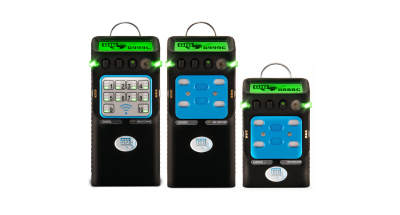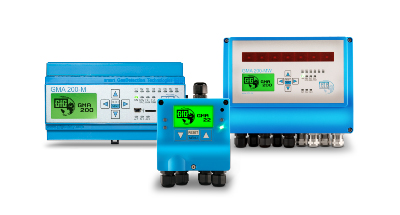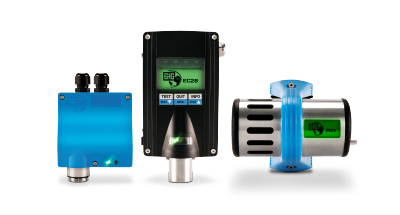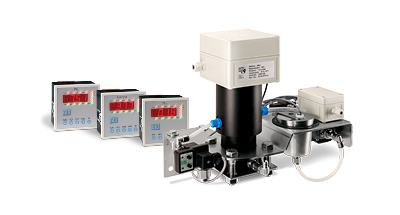Underground parking
Underground garages create urgently needed parking spaces in densely covered cities. In underground car parks, which are often several stories deep, exhaust gases from petrol and diesel engines can accumulate in the air very quickly. To minimize health risks, gas detection devices still have to be used to monitor carbon and nitrogen oxides in underground parking garages, even if ventilation is available. GfG offers transmitters with dual sensors and suitable controllers for this purpose.
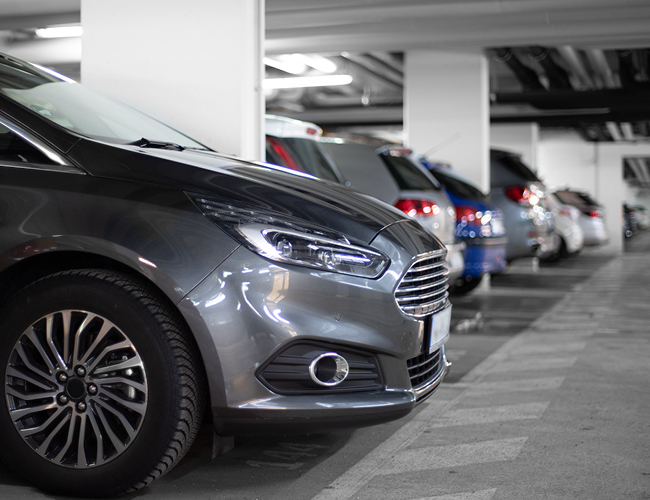
Gas monitoring in parking garages
In many places, public underground car parks are legally required to be equipped with mechanical ventilation and CO detection systems due to the high number of vehicles in a confined, closed space - and this is generally good advice. However, it is not enough to monitor only carbon monoxide. Motor vehicle emissions contain other toxic gases such as carbon dioxide and, in the case of diesel engines, the nitrogen oxides NO and NO2. GfG offers transmitters with dual sensors to simultaneously monitor two gases at one measuring point. In conjuction with one of GfG's powerful controllers, they can reliably monitor the gas concentrations on all parking levels. If a measured value is exceeded, it will initiate appropriate ressponses, such as a visual or acoustic alarm. The measurement-based ventilation control system systematically provides fresh air and thus reduces energy-related costs.
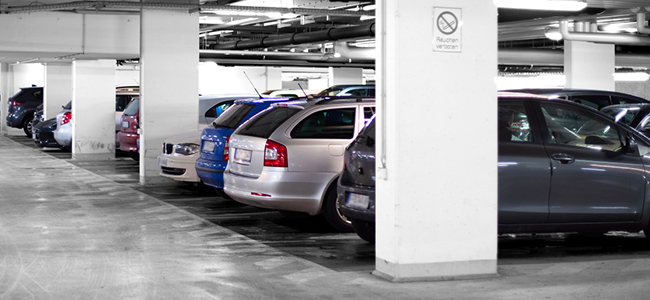
Potential dangers:
» combustible and toxic gases
» emissions (CO, CO2, NO, NO2)
» confined spaces
» oxygen deficiency

